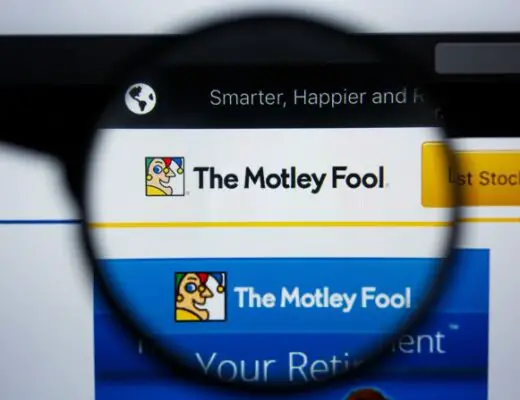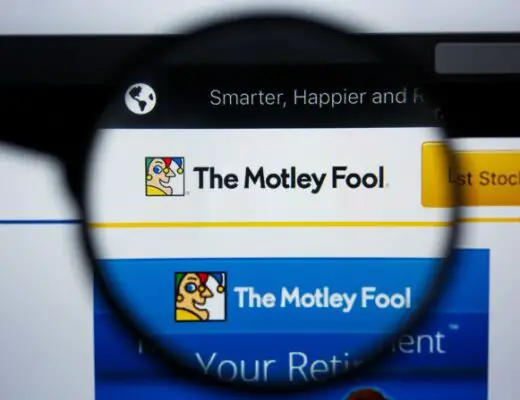
CommonCentsMom.com is advertiser-supported: we may earn compensation from the products and offers mentioned in this article. However, any expressed opinions are our own and aren't influenced by compensation. The contents of the CommonCentsMom.com website, such as text, graphics, images, and other material contained on this site (“Content”) are for informational purposes only. The Content is not intended to be a substitute for professional financial or legal advice. Always seek the advice of your Financial Advisor, CPA and Lawyer with any questions you may have regarding your situation. Never disregard professional advice or delay in seeking it because of something you have read on this website!
Wills are a complex legal document that will only make sense to the person who created it. However, even if you are able to create a will, you may not be able to execute it properly if there is an error.
A witness to a will can be extremely important, since it proves that the will was signed and witnessed properly. This can help you avoid having your will challenged in court, which can be very costly and time consuming. But can anyone be a witness to your will? Here’s what you need to know about whether a bank employee can witness your will.
What Does Witnessing a Will Mean?
A witness to a will is someone who was present when the will was signed. This person can be an individual, or a company. The purpose of having a witness to your will is to ensure that the person who signs the will signs it willingly and knowingly. This helps prevent you from being challenged in court, since it is clear that the will was not forced or coerced.
It is common for banks, as well as bank tellers, to witness a will. This is because banks are often used as executors of wills, and can therefore prove that the testator was able to sign their own will. In fact, this may be a good idea, as bank representatives often operate under a strict code of conduct. They are unlikely to violate your confidentiality to serve their own interests.
Why You May Need a Will Witnessed by a Bank Employee
A bank employee can be a very good choice to witness a will. Non-related third parties, such as bank employees, are not likely to contest your will, as they are well aware of the terms of their employment.
However, this may not always be the case. Sometimes, banks will forbid their employees from witnessing a will. This is to prevent the bank employee from being called as a witness later in the future, since it’s possible the bank doesn’t want to be involved in the intricacies of your will. If this is the case, you may need to find another witness. For example, a close friend or distant family member may be able to witness your will for you.
Other Parties That Can Witness a Will
While a bank employee is the most common witness to a will, you may also want to consider having your will witnessed by a professional. This is because professional witnesses are often well versed in the intricacies of wills and estate planning. Professional witnesses are also more likely to be impartial, and are therefore less likely to have an agenda when they witness your will.
There are other parties that can be witnesses to your will, including distant relatives, close friends, and even lawyers. The only caveat is that these people must not have ulterior motives. This means they should not be a beneficiary or a recipient of your estate. So, you can’t have your kids or your spouse witness your will.






